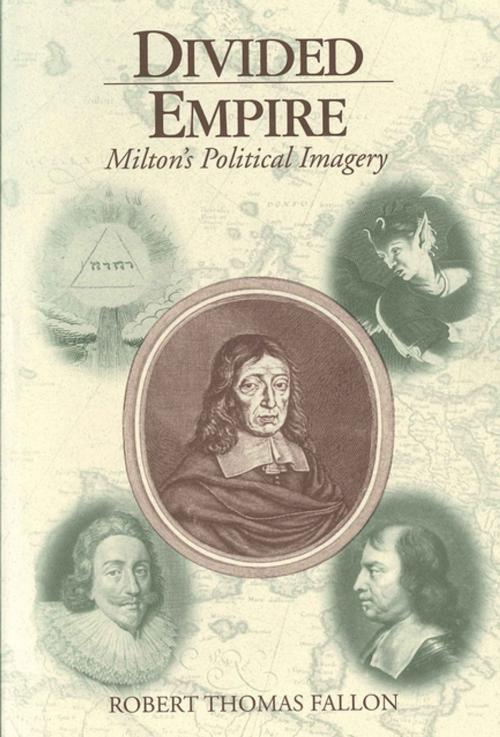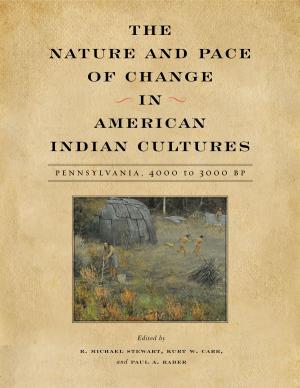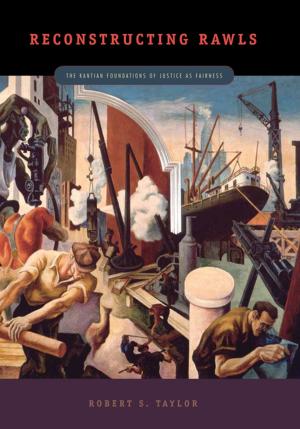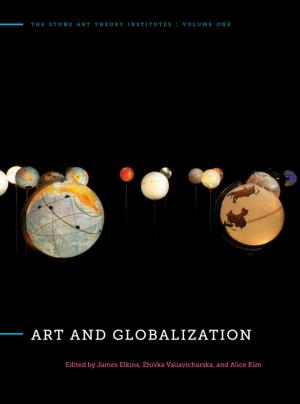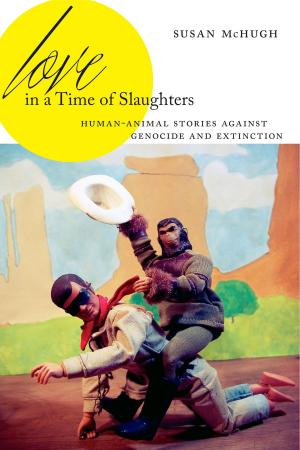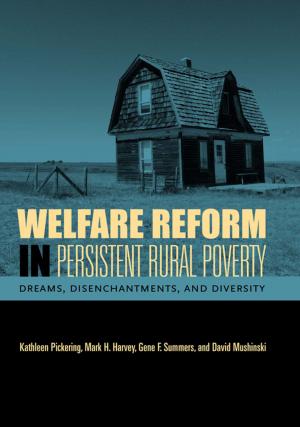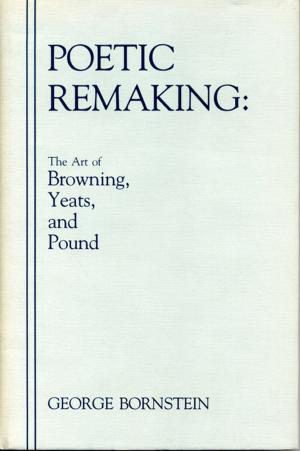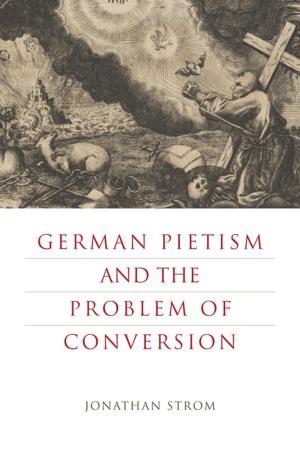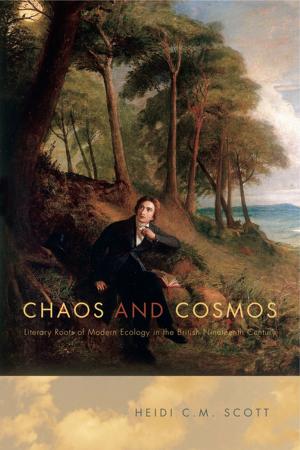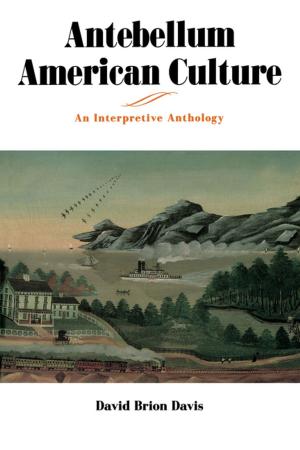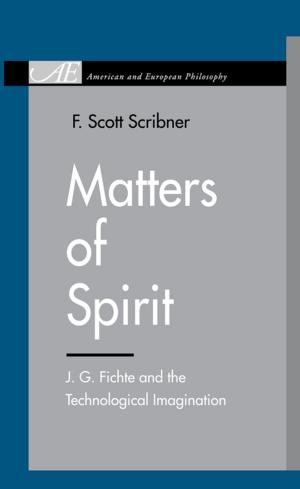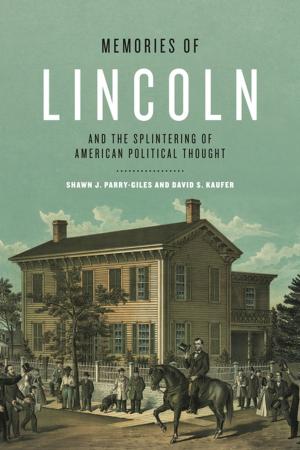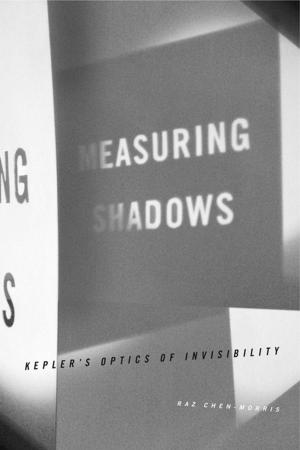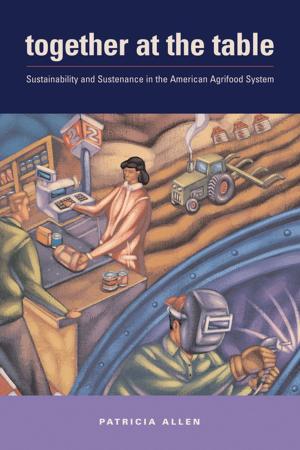Divided Empire
Milton's Political Imagery
Fiction & Literature, Literary Theory & Criticism, British, Theory, Nonfiction, Social & Cultural Studies, Political Science, Politics, History & Theory| Author: | Robert Thomas Fallon | ISBN: | 9780271041551 |
| Publisher: | Penn State University Press | Publication: | November 29, 1995 |
| Imprint: | Penn State University Press | Language: | English |
| Author: | Robert Thomas Fallon |
| ISBN: | 9780271041551 |
| Publisher: | Penn State University Press |
| Publication: | November 29, 1995 |
| Imprint: | Penn State University Press |
| Language: | English |
In Divided Empire, Robert T. Fallon examines the influence of John Milton's political experience on his great poems: Paradise Lost, Paradise Regained, and Samson Agonistes. This study is a natural sequel to Fallon's previous book, Milton in Government, which examined Milton's decade of service as Secretary for Foreign Languages to the English Republic.
Milton's works are crowded with political figures—kings, counselors, senators, soldiers, and envoys—all engaged in a comparable variety of public acts—debate, decree, diplomacy, and warfare—in a manner similar to those who exercised power on the world stage during his time in public office. Traditionally, scholars have cited this imagery for two purposes: first, to support studies of the poet's political allegiances as reflected in his prose and his life; and, second, to demonstrate that his works are sympathetic to certain ideological positions popular in present times.
Fallon argues that Paradise Lost is not a political testament, however, and to read its lines as a critique of allegiances and ideologies outside the work is limit the range and scope of critical inquiry and to miss the larger purpose of the political imagery within the poem. That imagery, the author proposes, like that of all Milton's later works, serves to illuminate the spiritual message, a vision of the human soul caught up in the struggle between vast metaphysical forces of good and evil. Fallon seeks to enlarge the range of critical inquiry by assessing the influence of personal and historical events upon art, asking, as he puts it, "not what the poetry says about the events, but what the events say about the poetry." Divided Empire probes, not Milton's judgment on his sources, but the use he made of them.
In Divided Empire, Robert T. Fallon examines the influence of John Milton's political experience on his great poems: Paradise Lost, Paradise Regained, and Samson Agonistes. This study is a natural sequel to Fallon's previous book, Milton in Government, which examined Milton's decade of service as Secretary for Foreign Languages to the English Republic.
Milton's works are crowded with political figures—kings, counselors, senators, soldiers, and envoys—all engaged in a comparable variety of public acts—debate, decree, diplomacy, and warfare—in a manner similar to those who exercised power on the world stage during his time in public office. Traditionally, scholars have cited this imagery for two purposes: first, to support studies of the poet's political allegiances as reflected in his prose and his life; and, second, to demonstrate that his works are sympathetic to certain ideological positions popular in present times.
Fallon argues that Paradise Lost is not a political testament, however, and to read its lines as a critique of allegiances and ideologies outside the work is limit the range and scope of critical inquiry and to miss the larger purpose of the political imagery within the poem. That imagery, the author proposes, like that of all Milton's later works, serves to illuminate the spiritual message, a vision of the human soul caught up in the struggle between vast metaphysical forces of good and evil. Fallon seeks to enlarge the range of critical inquiry by assessing the influence of personal and historical events upon art, asking, as he puts it, "not what the poetry says about the events, but what the events say about the poetry." Divided Empire probes, not Milton's judgment on his sources, but the use he made of them.
